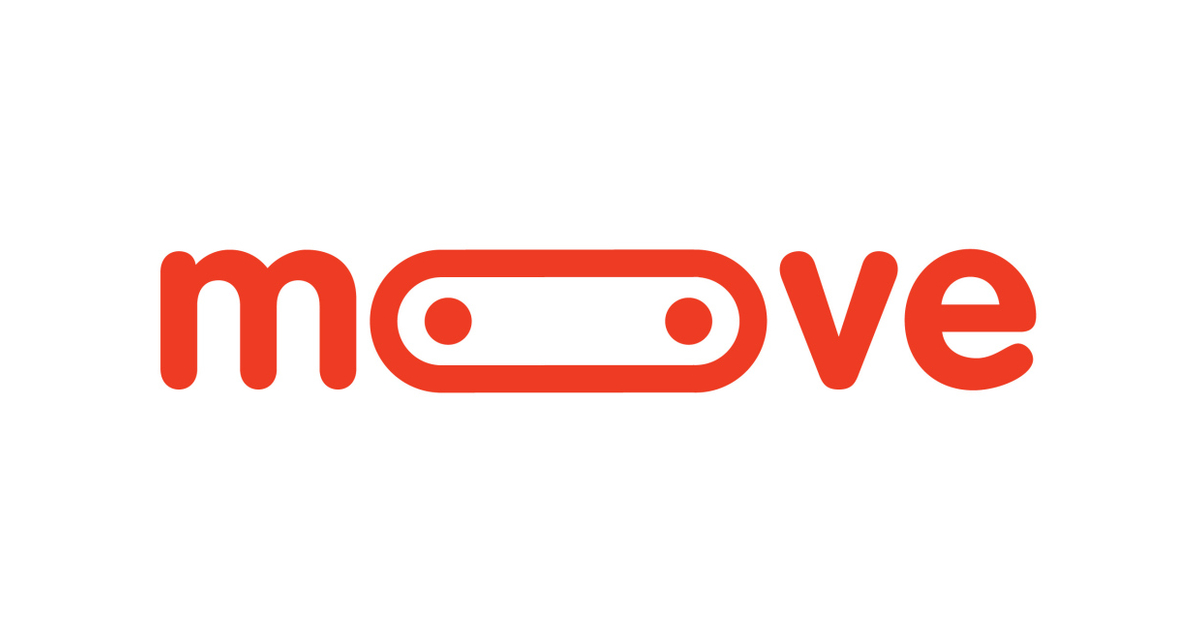In a quarter marked by cautious investor sentiment, Nigerian mobility startup Moove has emerged as a beacon of success in Africa’s startup scene. The company secured a staggering $110 million, accounting for nearly a quarter of the continent’s total startup funding in Q1 2024.
This includes a notable $100 million Series B round spearheaded by Uber, underscoring the ride-hailing giant’s confidence in Moove’s innovative business model.
Funding Trends
The first quarter of 2024 saw African startups attract $466 million in funding, a figure realized through 121 startups, each securing deals of over $100,000. However, this represents a 27% decline from the previous quarter and is only half of the amount raised in the same period last year. Despite the downturn, Moove’s record-breaking deals have shone a spotlight on the resilience and potential of African enterprises.
Read also: Nigeria turns to agri-food tech startups to boost food production
Transport & Logistics Take the Lead
The transport and logistics sector claimed the top spot in funding, significantly bolstered by Moove’s achievements. The company’s deals alone constitute nearly three-quarters of the sector’s total funding, followed by fintech. Notably, for deals over $100,000, fintech led the way, with agriculture and food coming in second. ClimateTech, spanning multiple sectors, also made a significant impact, representing 31% of these deals and 27% of the total invested amount.
The Funding Composition
Equity continues to be the predominant form of disclosed funding, making up 71% of the total, while debt accounts for the remaining 29%. Although equity funding remained stable quarter-over-quarter, the disclosed debt funding saw a significant reduction, halving from the last quarter of 2023 to Q1 2024.
An analysis of the funding landscape reveals a persistent gender gap, with less than 1% of funding allocated to startups without at least one male founder. Furthermore, only 6.5% of the total funding went to female CEOs, highlighting the need for greater inclusivity and diversity in the startup ecosystem.
Exits and Acquisitions
The quarter also witnessed seven exits, including significant acquisitions such as HRtech PaySpace’s acquisition by Deel and fintech nCino’s purchase of DocFox, both in South Africa. These exits are indicative of a maturing market and provide a promising outlook for future investments and growth in the region.
As African startups navigate a challenging funding environment, success stories like Moove’s serve as a testament to the innovation and entrepreneurial spirit that thrives on the continent. With strategic partnerships and a focus on sectors with high growth potential, African startups are poised to continue making their mark on the global stage.
Read also: Sprints $3 million bridge round fuels expansion
Other successful startups in Q1 2024
In Q1 2024, apart from Moove, several other startups in Africa experienced success. While specific funding amounts for individual startups beyond Moove are not detailed, the sectors that attracted significant funding include:
Fintech: This sector continued to attract considerable attention, with startups securing substantial investments.
Agriculture & Food: Startups in this sector also raised notable amounts, reflecting the growing emphasis on food security and sustainable agriculture.
ClimateTech: Cutting across multiple sectors, ClimateTech startups represented a significant portion of the deals, highlighting the increasing focus on sustainability and climate change solutions.
The countries that led in startup funding were Nigeria, Kenya, South Africa, and Egypt, often referred to as the “Big Four” of African startup ecosystems. These countries continue to be the primary destinations for venture capital in the region.




